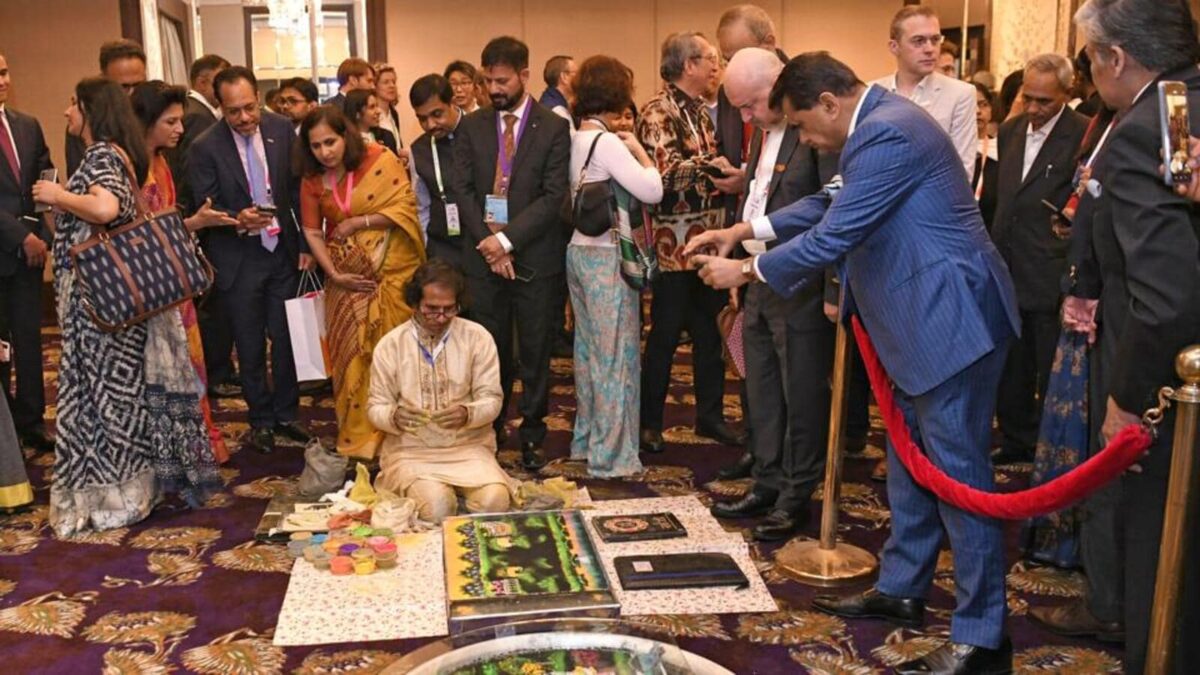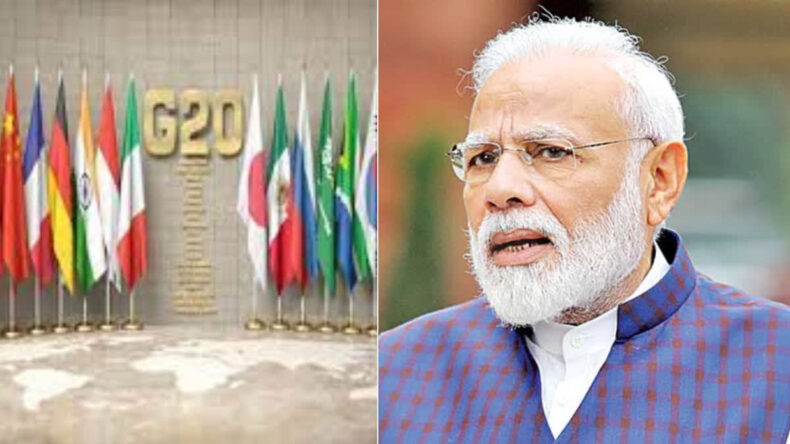There seems to be very little hope for the G20 leaders to arrive at a joint declaration at the end of the summit in New Delhi. With the European world broadly divided into two Cold War-like blocs, but not that clearly, arriving at any type of consensus is going to be a monumental task.
War Preventing the Joint Declaration
The major hurdle in arriving at a joint declaration is going to be the Russia-Ukraine war. The Russian Foreign Minister Sergei Lavrov, who will be attending the Summit in his President’s stead, has already made it clear that Russia will block any declaration that does not reflect Moscow’s position on Ukraine. On the other hand, it is very unlikely that USA, Germany or France are going to back down on their stand on Russia-Ukraine war either.

China’s Belligerence and Ambitions
G20 Sherpas in New Delhi are trying to iron out a statement that can pass the test of differences and be accepted by all the parties. China’s president Xi Jinping has already pulled out of the summit and decided to send his deputy, Premier Li Qiang, to attend the event. China sees G20 Summit as a one-sided dialogue dominated by the Western powers. Xi Jinping was recently seen in Johannesburg attending the BRICS summit; however, he has refused to be present at the G20 in New Delhi.
Role of India
India, who is the president and host of G20 this year, will try hard to make the event a success. India has stuck to its impartial and neutral position on the issue of Ukraine war. Despite the diplomatic pressure, the country has managed to tread a path of least disappointment to either side. The success of the event becomes even more important for the Prime Minister Modi and his party as the Lok Sabha general elections are only few months away in 2024.
There are very important issues on the G20 agenda this year. From cryptocurrency regulation and reforming global debt structure to discussing the geopolitical uncertainties’ impact on global food and energy security, the event is set to set a tone for the present and the future challenges.
The success of a G20 event becomes important by virtue of the size of global GDP, population and pollution that it represents. It, therefore, becomes important that the countries can set aside their differences for arriving at a joint declaration or communique that is accommodative and representative of the whole world.













